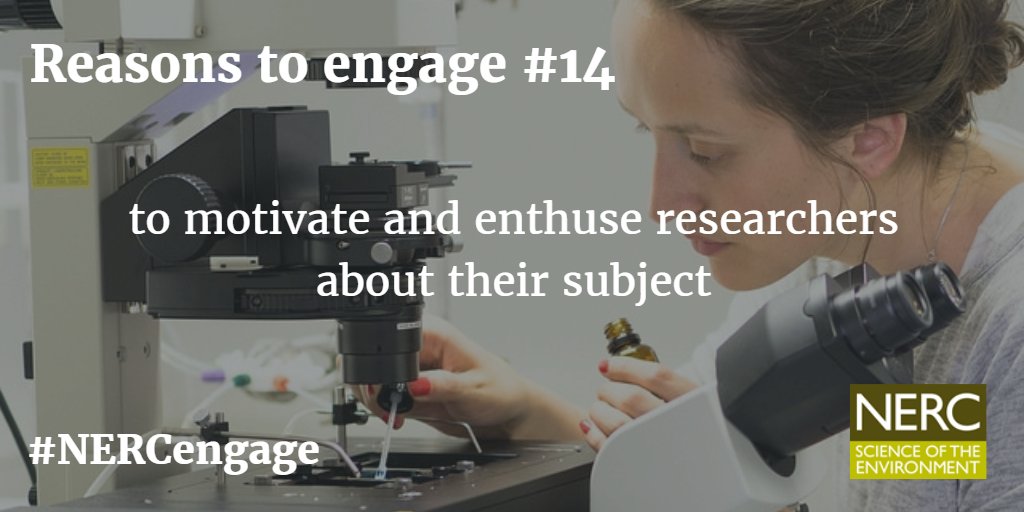This month NERC started a new blog on environmental science engagement and are tweeting up a storm with the hashtag #NERCengage.
So far the push has listed about 26 excellent reasons to engage. I would add ‘to join the public discourse’, which is increasingly emotion-led, rather than fact-led.
Linda Conlon, Chief Executive of the Centre for Life in Newcastle recently highlighted the challenges scientists face in communicating about science in a post-truth world. She said these range from the cult of celebrity, post-truth politics personified in US President Trump, to the rise of the internet for sharing news – including fabricated news – most notably via Facebook. We’ve all seen the shock and awe links that with a bit of digging turn out to be bogus.
Even the BBC is guilty of contributing to the deluge of inaccurate scientific information: many environmental scientists were angry to hear Lord Lawson’s false claims about climate change on the BBC’s Today programme. He said average global temperature had ‘slightly declined’ over the past decade, which any climate scientist could have easily refuted, but no one was invited to the interview. The BBC has now apologised for its editorial lapse.
So what can we do? As scientists we have a lot to offer the public discourse: people are genuinely interested in understanding the natural world. Dave Moore wrote an NCEO blogpost this month explaining why the sun looked so red in Central and Eastern parts of the UK while hurricane Ophelia battered the Western half of the country. It drew an unprecedented amount of interest on the NCEO Twitter account – but our network has taken time to grow.
NERC and RCUK commissioned a public insights survey earlier this year that found university academics and scientists are the most trusted source of information about research: 81 per cent of the public trust them to inform about research compared with only 49 per cent trusting print or digital media for the same information. The survey also showed that 76 per cent of the public are interested in knowing more about environmental research – the interest is there, we just need to capture it.
As environmental scientists we need to keep plugging away at engagement as a regular part of life to build influence and more effective networks. And when the environment hits the news we should embrace the opportunity afforded us and explain what’s going on. Let’s resolve to seize the day: and keep at it.
